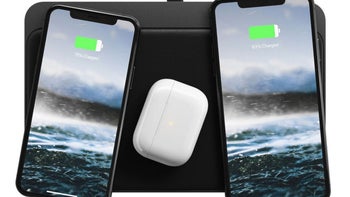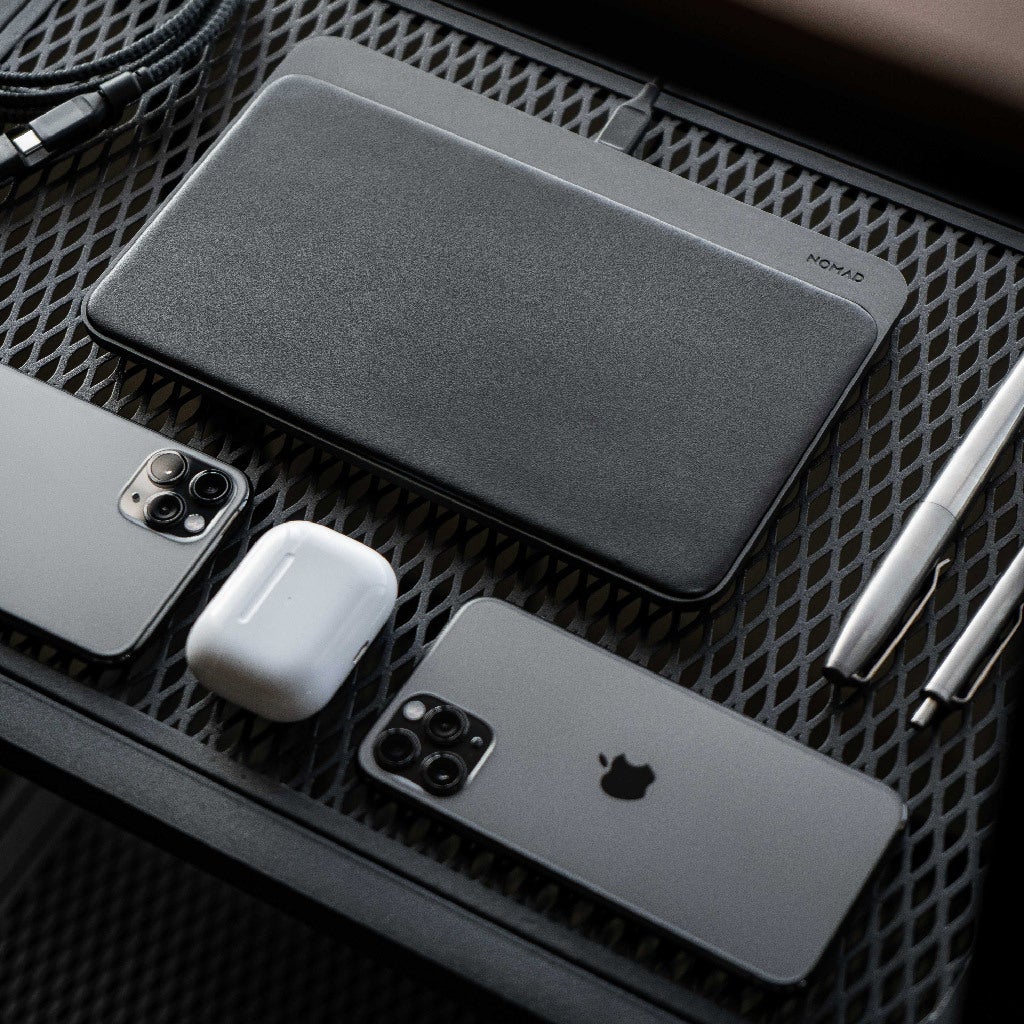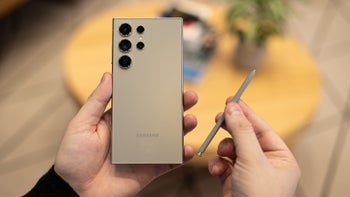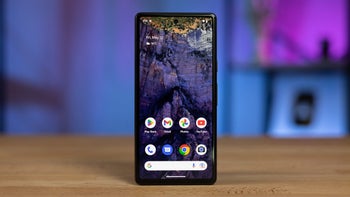Aira's FreePower charges two phones and AirPods at the same time

Over the weekend we showed you pictures taken when an original AirPower unit was torn down. The device never made it into consumers' hands and was cancelled by Apple in March 2019. This year, there has been speculation that Apple try again to release a version of the Qi compatiblewireless charging pad that would allow an iPhone, an Apple Watch and an AirPods wireless charging case to charge simultaneously. Apple had placed 14 tightly wound coils inside the pad hoping to allow the user to place his devices anywhere on the AirPower and get charged. But apparently there were some issues with overheating.
Apple is said to be working on a less ambitious version of AirPower
Tipster Jon Prosser has said that Apple engineers have been back at work on the project looking at ways to rework the coils to better handle the heat. Prosser says that the revised AirPower could be priced at $250 and show up later this year or during the first quarter of 2021. But whatever Apple is working on might not be as ambitious as the original AirPower was supposed to be.

Nomad's charging pad will be the first to use Aira's FreePower technology
That's the word from Bloomberg. In a story about startup Aira and its "FreePower" charging mat, the news agency writes that "Apple is developing a less ambitious wireless charger for the iPhone." The rest of the story is about Aira, the company that was featured on Shark Tank last year. The company's technology works on phones made by other manufacturers besides Apple, and instead of using individually wound wire coils, Aira has the coils printed into a circuit board. Aira's charger also won't allow an iPhone to show the charging status of other devices on the pad, and it can't charge an Apple Watch. It will, however, have 18 coils printed on the aforementioned circuit board.
Bloomberg's Mark Gurman wrote that bugs marred a recent test of Aira's system. Sometimes the pad confused a device with one that had already been charged on it resulting in the technology slowing down or pausing the charging of a certain device. The company said that the problem was with an algorithm used to prevent overheating problems. The algorithms expand the sweet spots on the pad to accommodate each device placed on it. For example, on the company's website it says, "an iPhone might need more power to charge efficiently, while the AirPods next to it might require a lot less. If the device is Qi-enabled to receive wireless power, it'll charge."
Aira says in a statement that a firmware update sent to devices being shipped to consumers next month will fix the problem. The company states, "When a device is at a high charge level, it will request less power to cool itself down as it finishes the charge cycle. In some cases, the thermal algorithm managing this process can be falsely triggered when multiple devices are charging simultaneously, limiting power to all devices." In the recent test, an Android phone and the AirPods wireless charging case were sitting on the mat next to an iPhone.
Take $20 off the Moto G Power at Motorola.com
Aira points out that unlike other wireless charging pad manufacturers, it produces all of the parts that are used with the company's own technology. And the company is looking to license its "FreePower" tech. Nomad will be using it first for its Base Station Pro charger, capable of charging up the largest iPhone models, a large Android phone, and the AirPods wireless charging case.
Co-Founder Jake Slatnick says that he can see the technology built into desks, cars, and other places where you might not normally expect a charger to be. "We’re more than the guys who want to integrate into a charger," Slatnick said. For the moment though, Aira will stick to integrating with chargers.











Things that are NOT allowed: